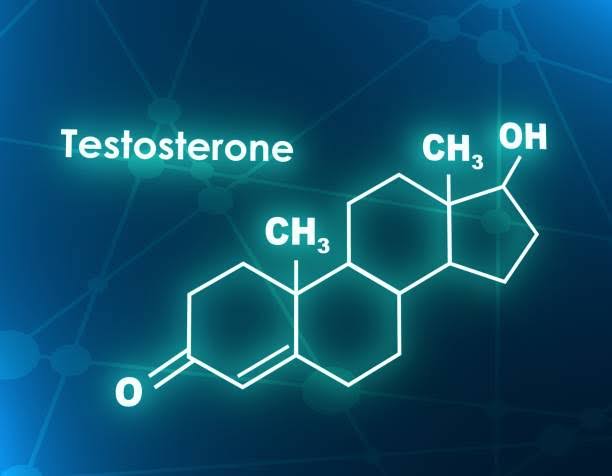Testosterone is an important sex hormone that is mainly produced in the testicles. It plays a key role in many essential functions, including making sperm, strengthening muscles and bones, and regulating your mood and libido.
Starting between the ages of 30 and 40, testosterone levels naturally decline as you get older. Low testosterone can also be caused by certain medications, conditions, and injuries. Common symptoms of low testosterone include lower sex drive, reduced sperm count, erectile dysfunction, and increased body fat. You may also experience insomnia, bone loss, and depression.
Testosterone levels are measured through a blood test typically performed in the morning when levels are highest. If it’s determined that you have low testosterone, there are several ways to increase your testosterone levels.
Increase Vitamin D Intake
Several large-scale studies have found that low vitamin D is associated with low levels of testosterone in your blood. Taking vitamin D supplements or incorporating more vitamin D into your diet may help to boost your testosterone.
Foods and drinks that have been fortified with vitamin D, such as orange juice, cereal, and milk are how most Americans get most of their vitamin D. But the best dietary sources of vitamin D are fatty fish, such as trout, salmon, and tuna, and fish liver oils.
Avoid a High Intake of Fat
Research suggests that testosterone levels could be related to dietary fat intake. A 2019 study looked at a diet’s effect on testosterone among men who were overweight or had obesity. The men who ate meals high in monounsaturated fats and polyunsaturated fats experienced steep declines in testosterone in the hours after the meal.
Lowering your fat intake, eating more fruits and vegetables, and cutting back on sugar and refined carbohydrates may give your testosterone a boost.
Following these dietary habits may also help you reach a lower, optimal weight. That would be particularly helpful for obesity, which is a main risk factor for low testosterone. If you have obesity, losing weight can improve testosterone levels.
Workout
A growing body of evidence indicates that exercise and testosterone are closely linked.
In a 2020 review, researchers noted that high-intensity endurance exercise in the form of aerobic exercise or cardio and heavy resistance training, such as weightlifting, significantly increased men’s levels of testosterone. This was true for both younger and older men, as well as for athletes and people who were less active.
Exercising more often could also help to reduce your risk of obesity, which is associated with low testosterone.
Improve Sleep Quality
Studies indicate that sleep-related conditions, such as insomnia and sleep apnea, as well as low-quality sleep, are linked to low testosterone in men. This is likely a two-way relationship, with low testosterone symptoms making it harder to fall asleep and sleep deprivation lowering testosterone levels.
Keeping good sleep practices may help you get a better night’s rest. Healthy sleep habits include:
- Going to bed at the same time every night
- Shutting off your phone and other devices an hour before bed
- Keeping your bedroom quiet, dark, cool, and clutter-free
- Exercising more frequently during the day
- Cutting back on caffeine and alcohol, especially close to bedtime
Consume Honey
Research has shown that consuming honey may increase testosterone levels. This may be because the chemical compounds in honey help cut back on damage to the Leydig cells, which are the testicular cells responsible for producing testosterone.
Consuming honey also helps the body to produce more luteinizing hormone, the hormone that prompts your testes to make testosterone.
Research on humans is limited, though. More studies would need to be done in humans to confirm the connection.
Taking a Supplement
The U.S. Food and Drug Administration points out that supplements cannot claim to treat conditions—only drugs can make those claims. Still, there has been research to suggest that certain supplements may aid in increasing testosterone levels.
Fenugreek seed extracts as well as ashwagandha roots and leaves have been shown to have the biggest positive impact on testosterone levels. But more research on the supplements is needed to say for certain how safe and effective they are in increasing testosterone.
Consult with a healthcare provider to see if taking supplements is an option for you. Checking in with a provider before starting any supplement is important so you avoid negative interactions with other supplements, medications, or conditions.


